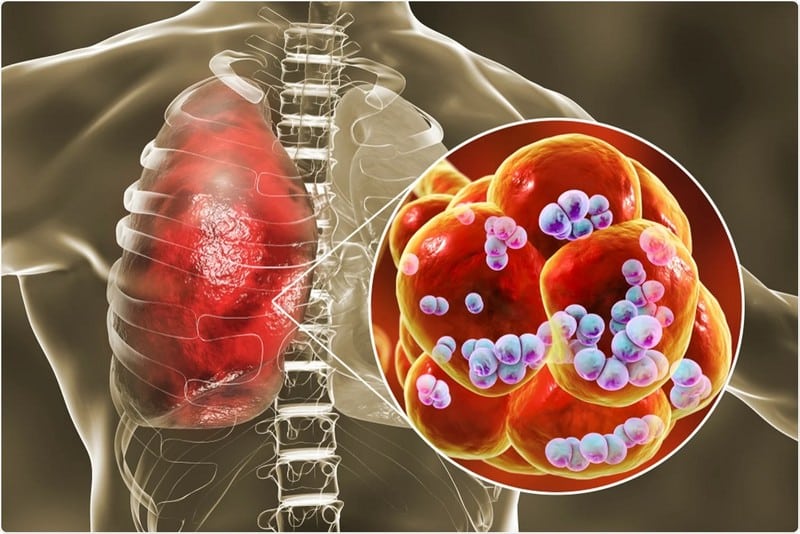Pheochromocytoma

Pheochromocytoma is a tumor of the adrenal gland. The adrenal gland is located on top of the kidney. Pheochromocytomas are rare tumors that occur more often in women than in men. There are two types of pheochromocytomas, namely, functioning and nonfunctioning.
Functioning pheochromocytomas secrete excess amounts of catecholamines, hormones that include epinephrine and norepinephrine. Nonfunctioning pheochromocytomas do not secrete excess amounts of catecholamines.
Pheochromocytomas can cause various symptoms, including headache, palpitation, shortness of breath, sweating, and anxiety. The excessive secretion of catecholamines causes these symptoms. Pheochromocytomas can also cause shaky hands. The exact mechanism by which pheochromocytomas cause shaky hands is not known. However, it is thought that the excessive secretion of catecholamines causes shakes because catecholamines stimulate the release of glucose from the liver and muscles.
Pheochromocytomas are diagnosed with various tests, including blood tests, 24-hour urinary catecholamine levels, and imaging tests such as computed tomography (CT) or magnetic resonance imaging (MRI). Treatment for pheochromocytomas usually involves surgery to remove the tumor. In some cases, radiation therapy or chemotherapy may be necessary.










